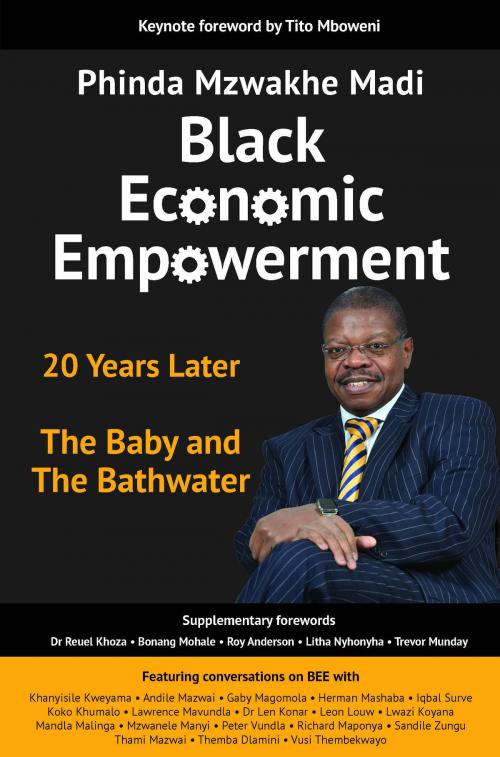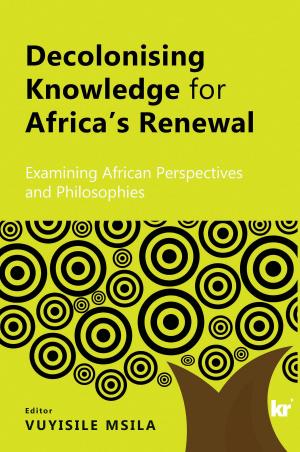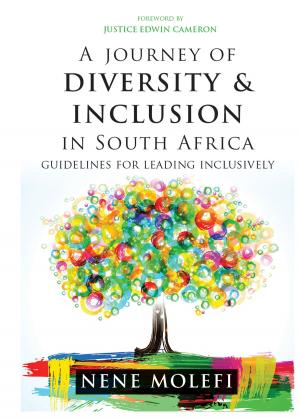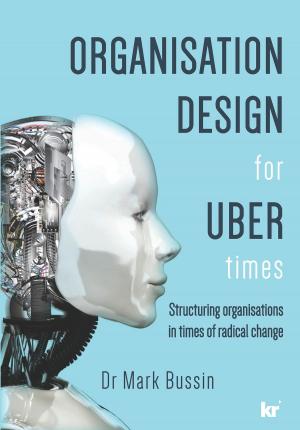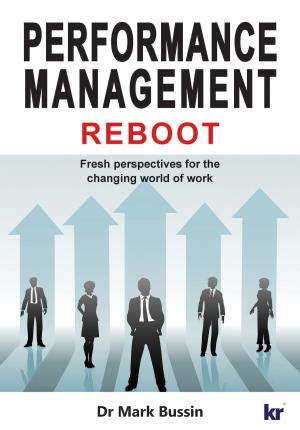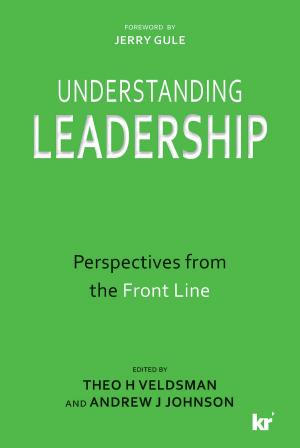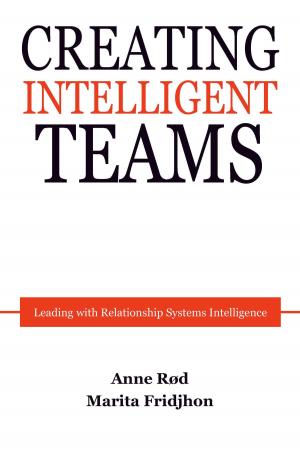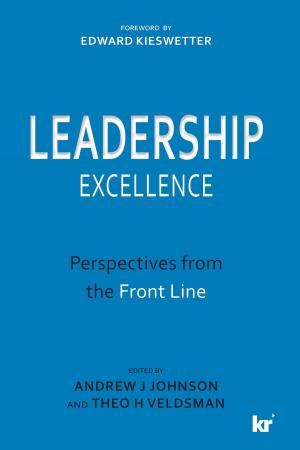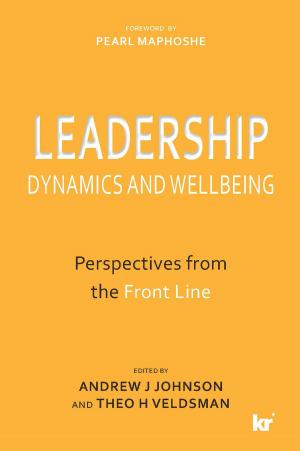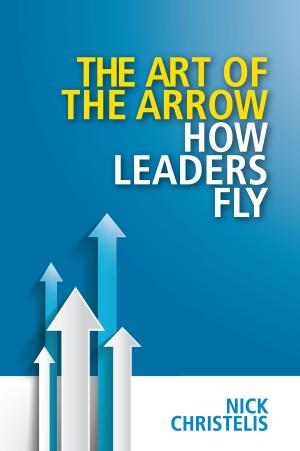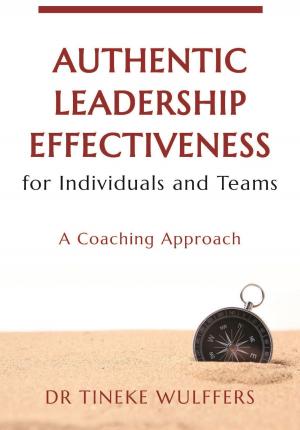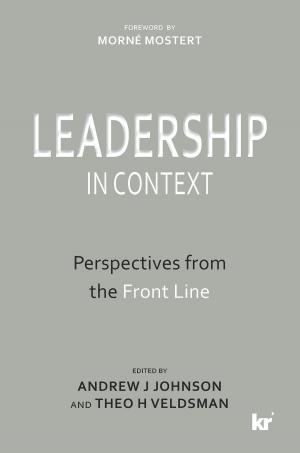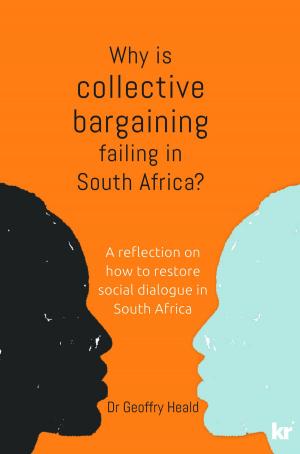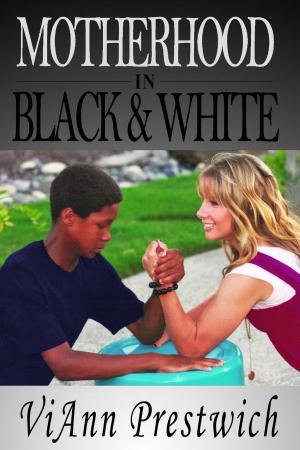Black Economic Empowerment
20 Years Later - The Baby and the Bathwater
Business & Finance, Accounting, Management, Business Reference, Business Ethics, Management & Leadership, Leadership| Author: | Phinda Mzwakhe Madi | ISBN: | 9781869226039 |
| Publisher: | KR Publishing | Publication: | November 30, 2015 |
| Imprint: | KR Publishing | Language: | English |
| Author: | Phinda Mzwakhe Madi |
| ISBN: | 9781869226039 |
| Publisher: | KR Publishing |
| Publication: | November 30, 2015 |
| Imprint: | KR Publishing |
| Language: | English |
Twenty years after the introduction of BEE, Phinda Madi believes it's time to reflect on its success. Clear trends can now be discerned and there are numerous lessons to be learned. He contends there is an unfortunate narrative that is gaining traction in South Africa generally and in the corporate world in particular, that BEE has been nothing but a 'smoke-and-mirrors' initiative towards oligarchy, hence the chosen title: BEE 20 years later - The Baby and The Bathwater.
As the title suggests, there is a tendency to want to 'throw the baby out with the bathwater'. His book argues that we need to make a clear distinction between the bouncing baby and the (at times) dirty bathwater. This book puts forward a very frank, clinical and balanced argument on how this distinction needs to be made, as well as why and how we should ensure the baby both survives and thrives going forward, whilst getting rid of the ugly side of BEE (the dirty bathwater). But more importantly, he examines how to restore the credibility of this process, so it truly and genuinely moves away from just being seen as the enrichment of the few and lives up to its true promise: The economic empowerment of the many.
This is the book that will ignite the change in BEE in South Africa!
As the title suggests, there is a tendency to want to 'throw the baby out with the bathwater'. His book argues that we need to make a clear distinction between the bouncing baby and the (at times) dirty bathwater. This book puts forward a very frank, clinical and balanced argument on how this distinction needs to be made, as well as why and how we should ensure the baby both survives and thrives going forward, whilst getting rid of the ugly side of BEE (the dirty bathwater). But more importantly, he examines how to restore the credibility of this process, so it truly and genuinely moves away from just being seen as the enrichment of the few and lives up to its true promise: The economic empowerment of the many.
This is the book that will ignite the change in BEE in South Africa!
Twenty years after the introduction of BEE, Phinda Madi believes it's time to reflect on its success. Clear trends can now be discerned and there are numerous lessons to be learned. He contends there is an unfortunate narrative that is gaining traction in South Africa generally and in the corporate world in particular, that BEE has been nothing but a 'smoke-and-mirrors' initiative towards oligarchy, hence the chosen title: BEE 20 years later - The Baby and The Bathwater.
As the title suggests, there is a tendency to want to 'throw the baby out with the bathwater'. His book argues that we need to make a clear distinction between the bouncing baby and the (at times) dirty bathwater. This book puts forward a very frank, clinical and balanced argument on how this distinction needs to be made, as well as why and how we should ensure the baby both survives and thrives going forward, whilst getting rid of the ugly side of BEE (the dirty bathwater). But more importantly, he examines how to restore the credibility of this process, so it truly and genuinely moves away from just being seen as the enrichment of the few and lives up to its true promise: The economic empowerment of the many.
This is the book that will ignite the change in BEE in South Africa!
As the title suggests, there is a tendency to want to 'throw the baby out with the bathwater'. His book argues that we need to make a clear distinction between the bouncing baby and the (at times) dirty bathwater. This book puts forward a very frank, clinical and balanced argument on how this distinction needs to be made, as well as why and how we should ensure the baby both survives and thrives going forward, whilst getting rid of the ugly side of BEE (the dirty bathwater). But more importantly, he examines how to restore the credibility of this process, so it truly and genuinely moves away from just being seen as the enrichment of the few and lives up to its true promise: The economic empowerment of the many.
This is the book that will ignite the change in BEE in South Africa!
